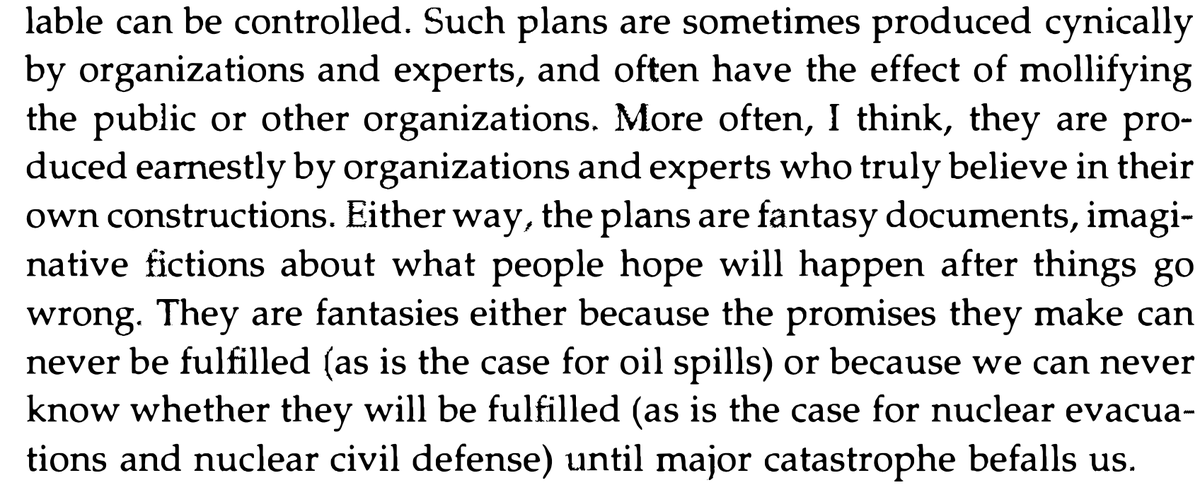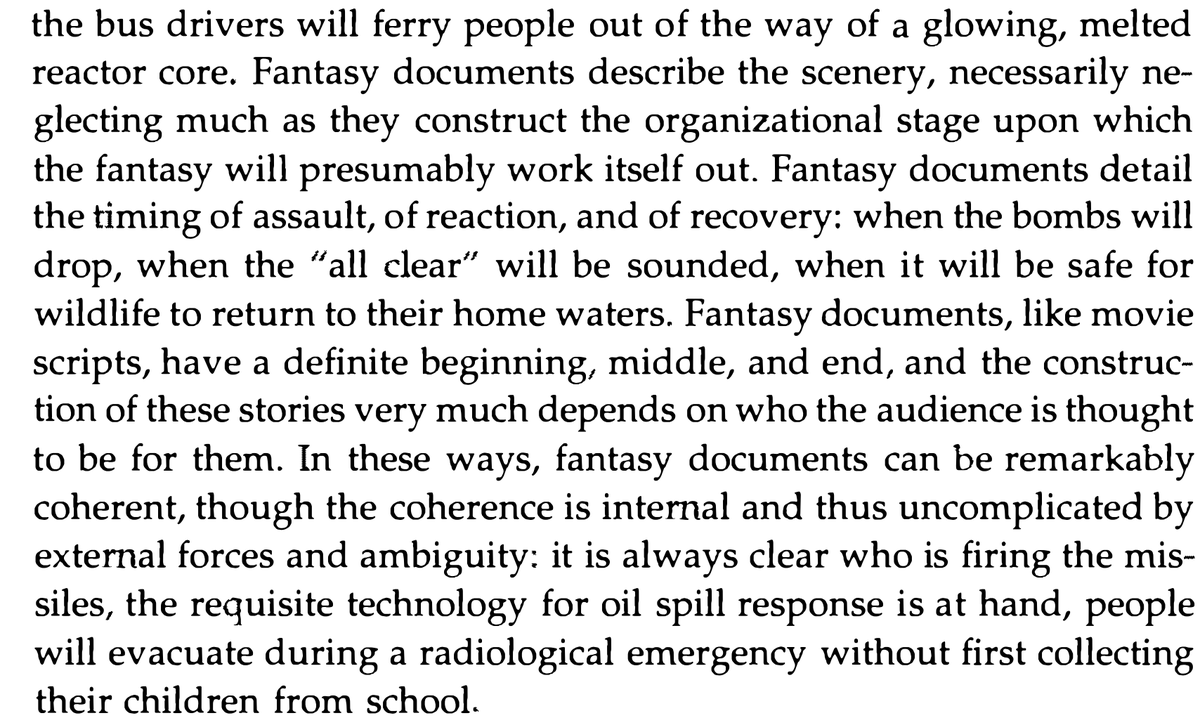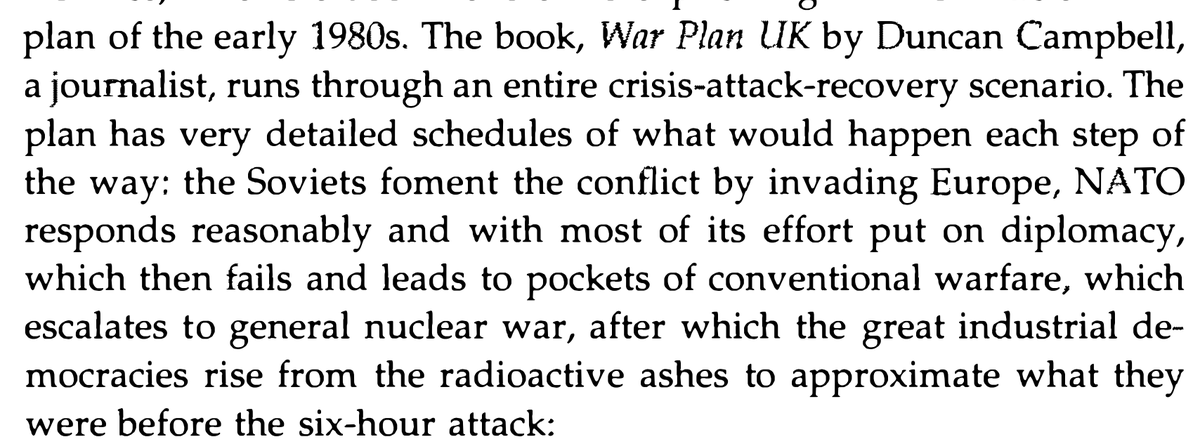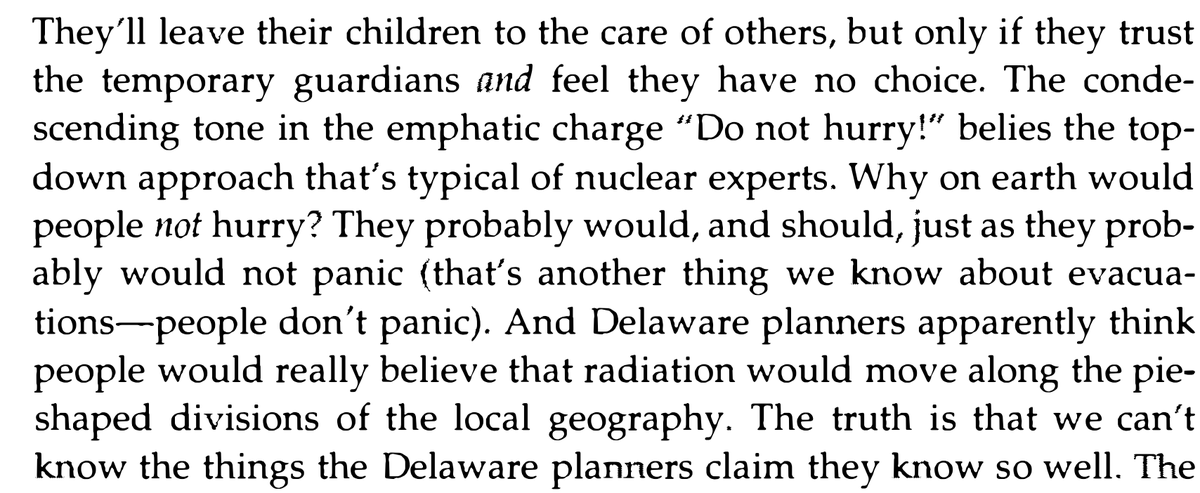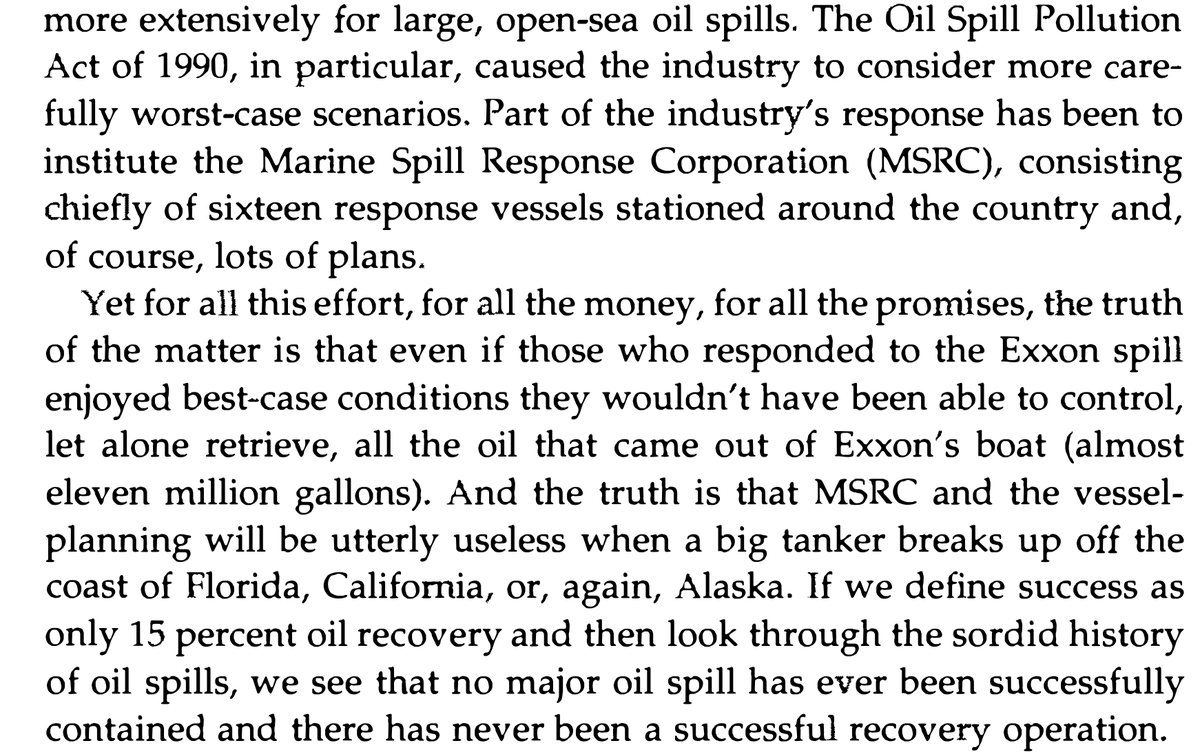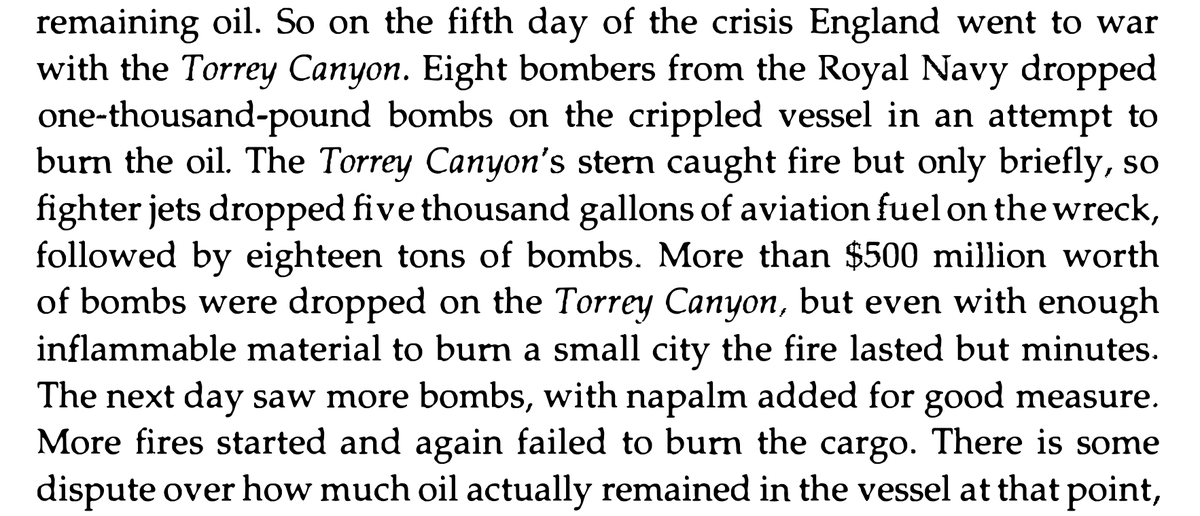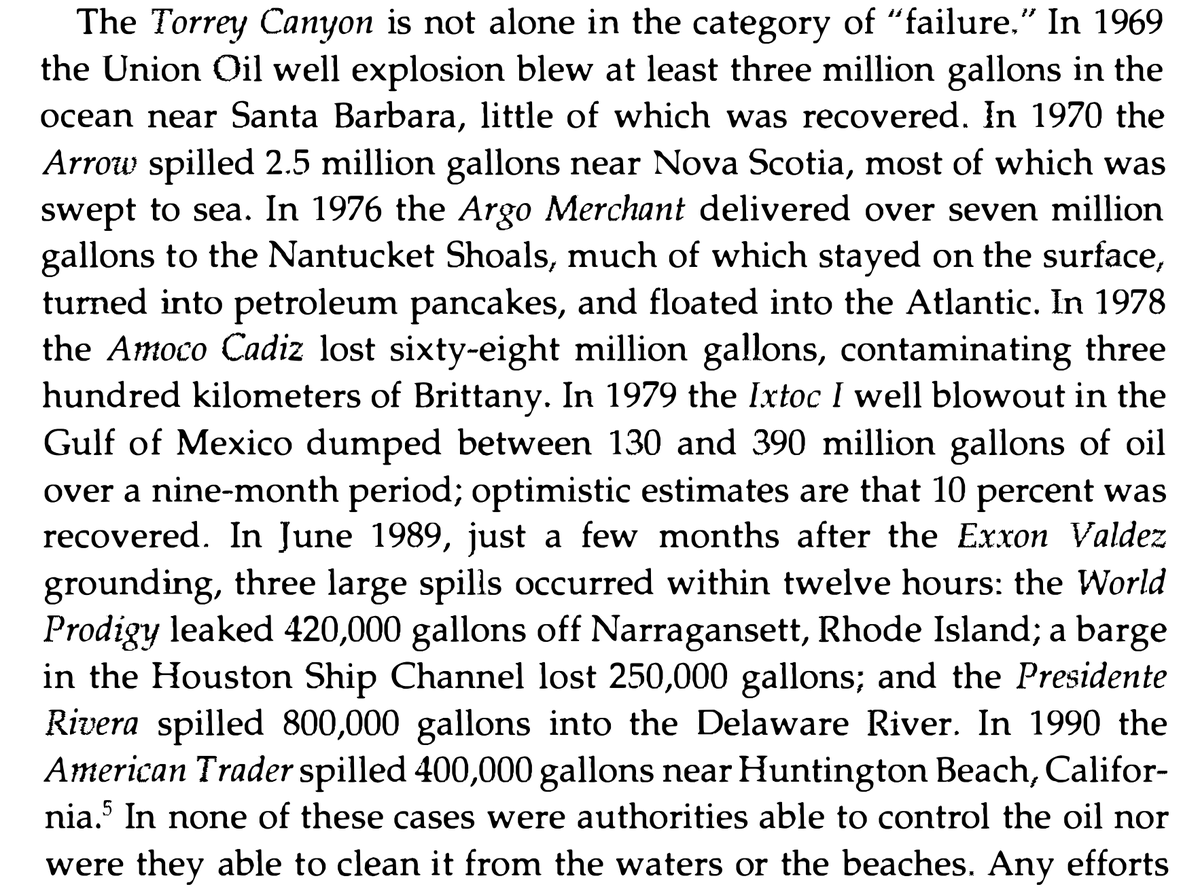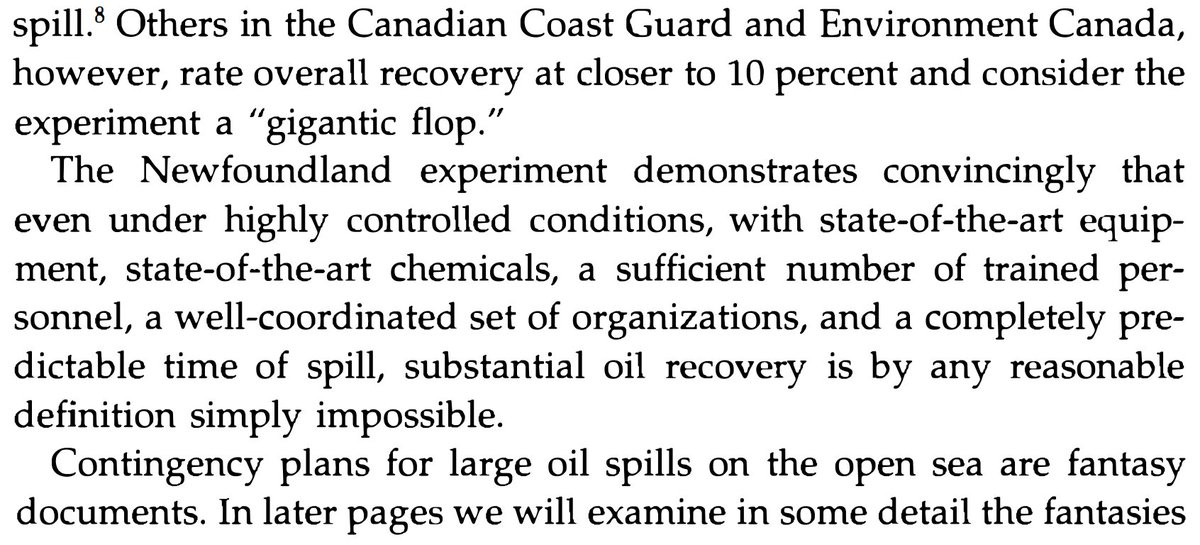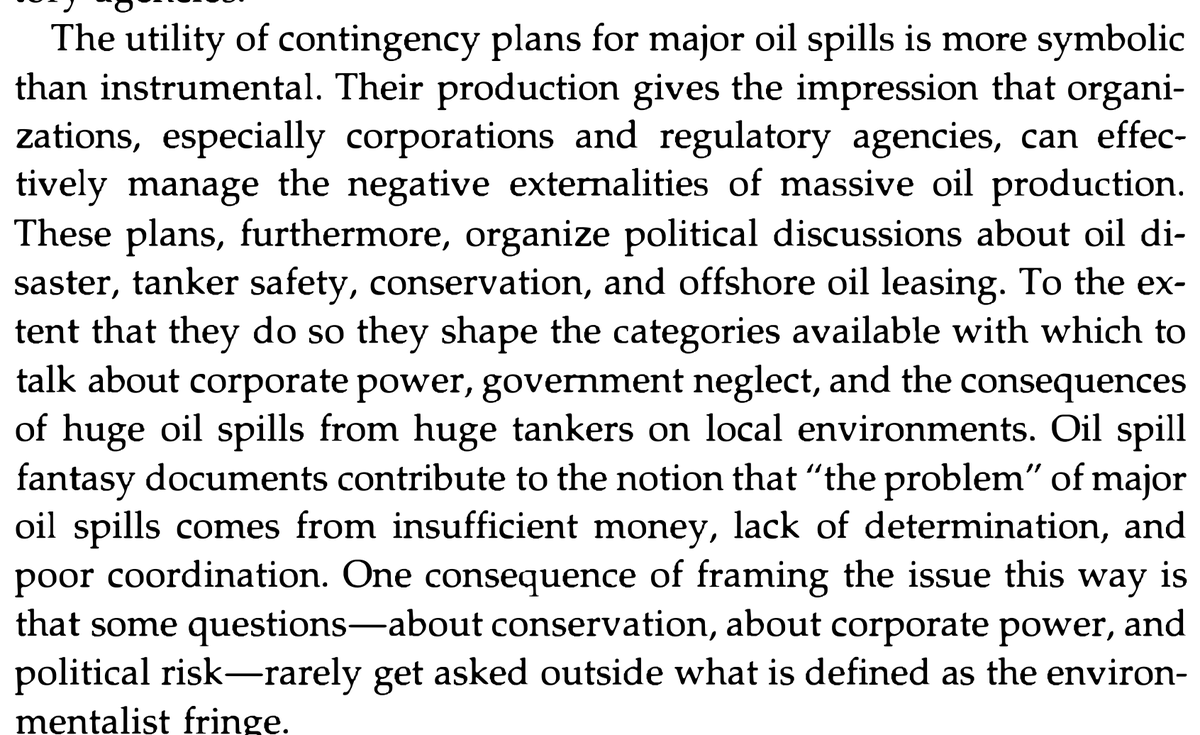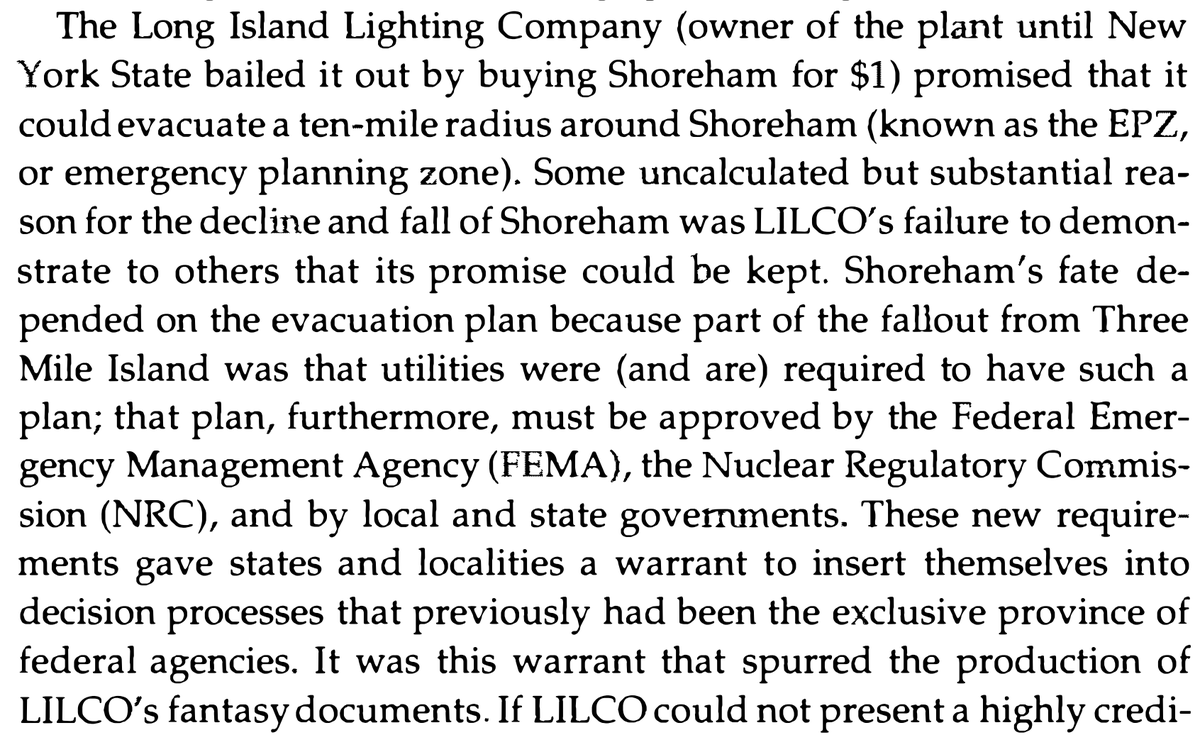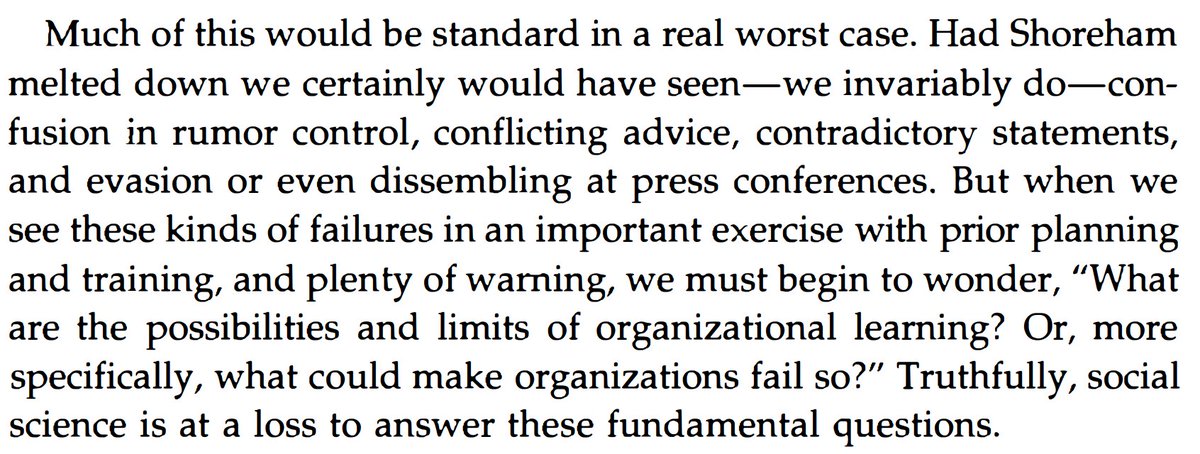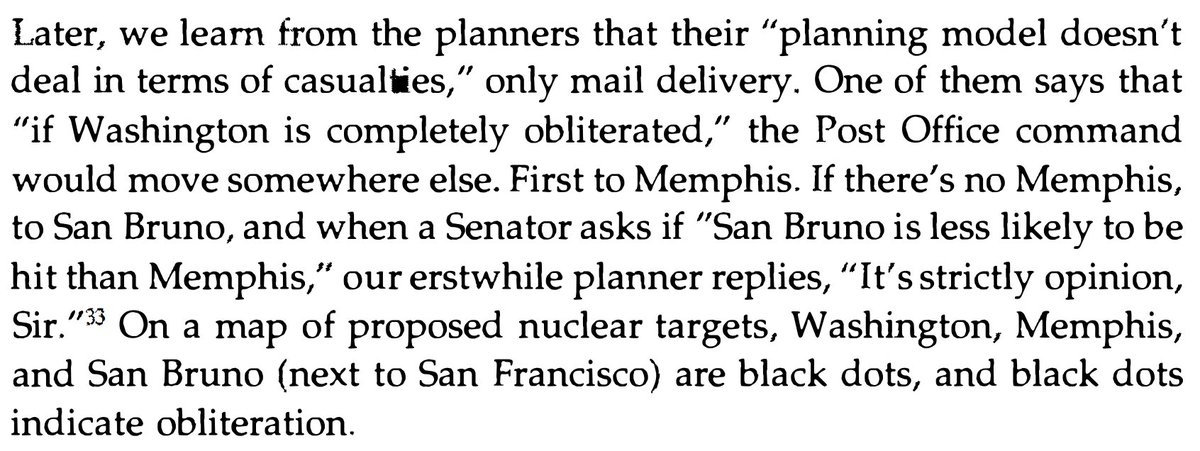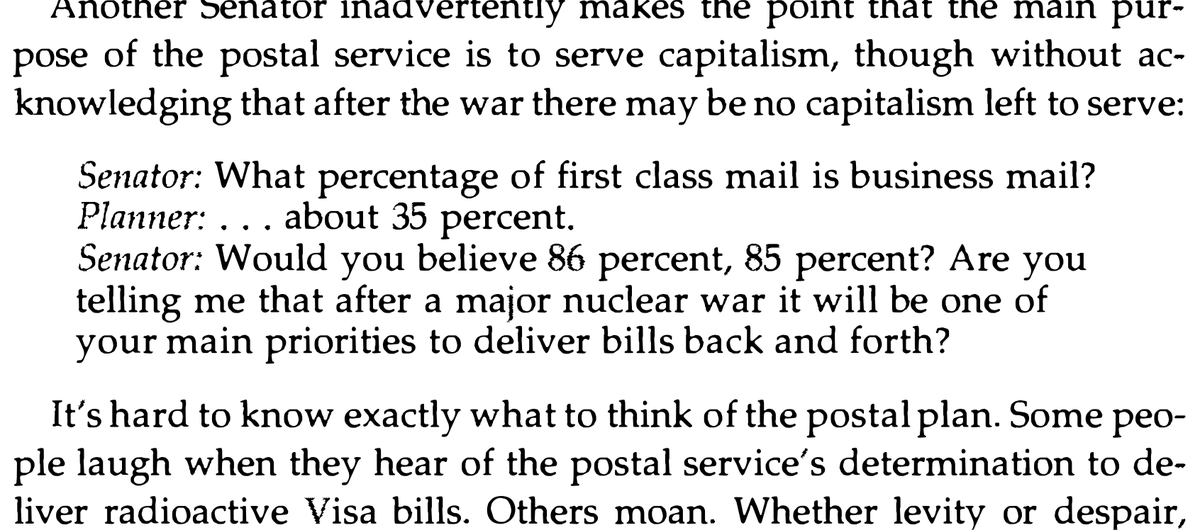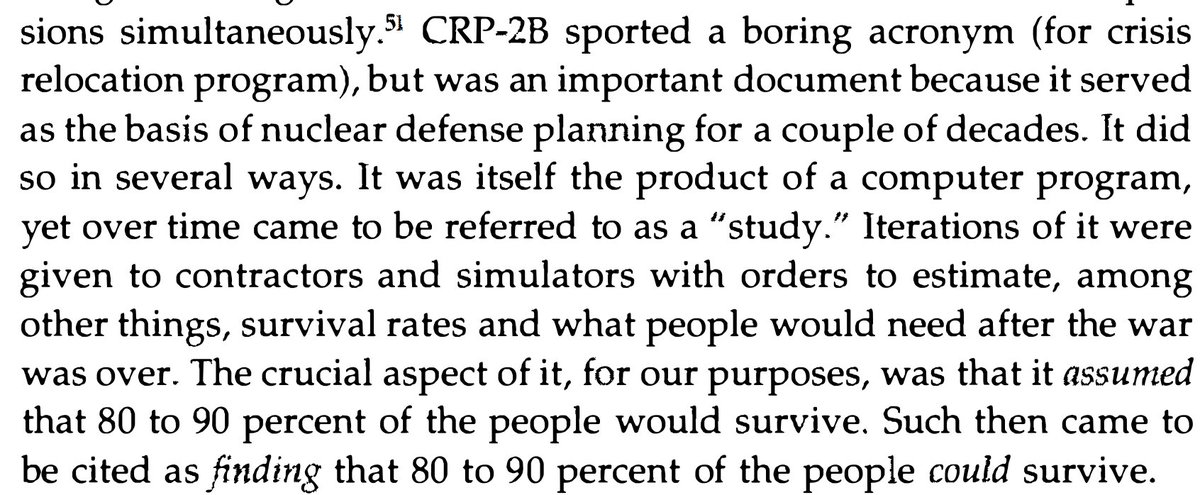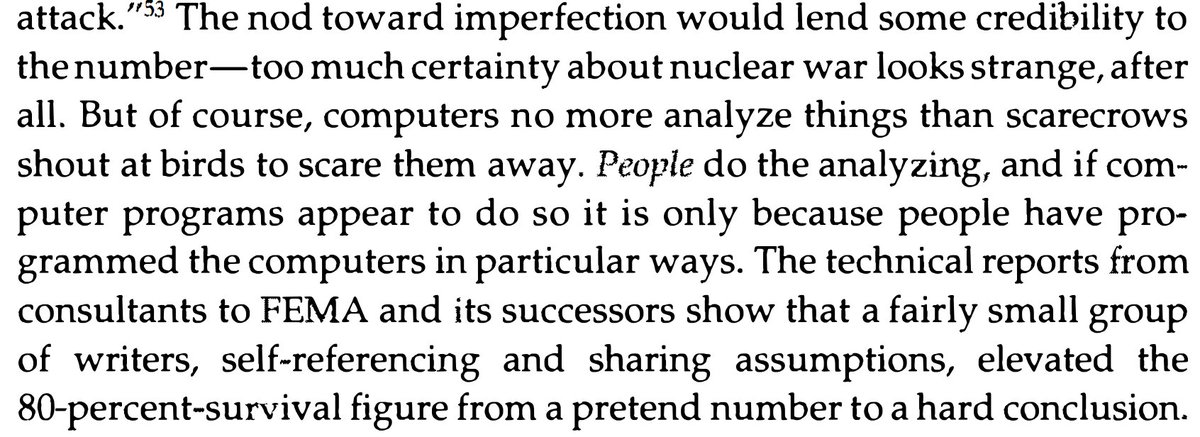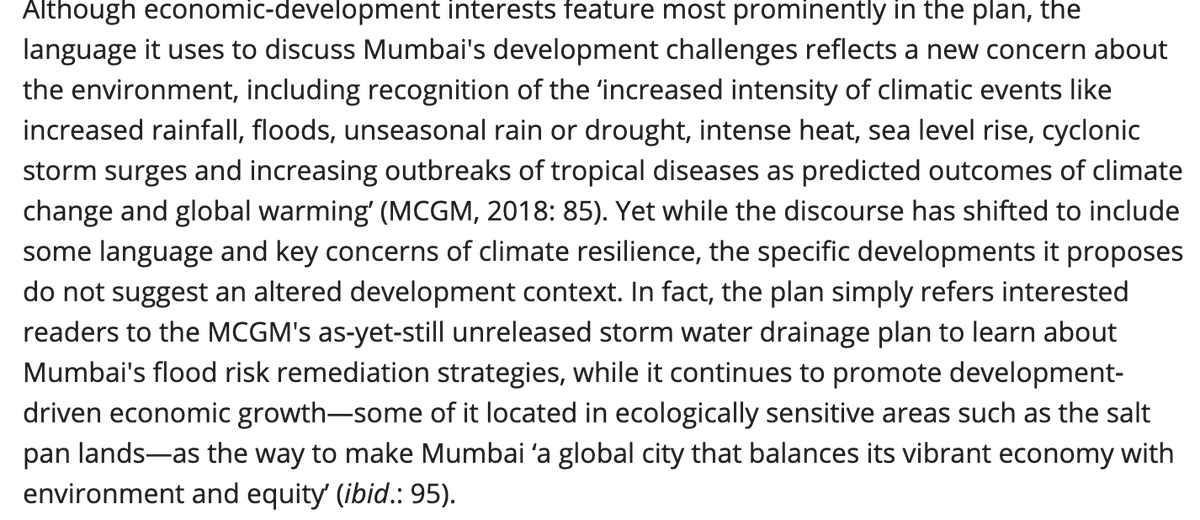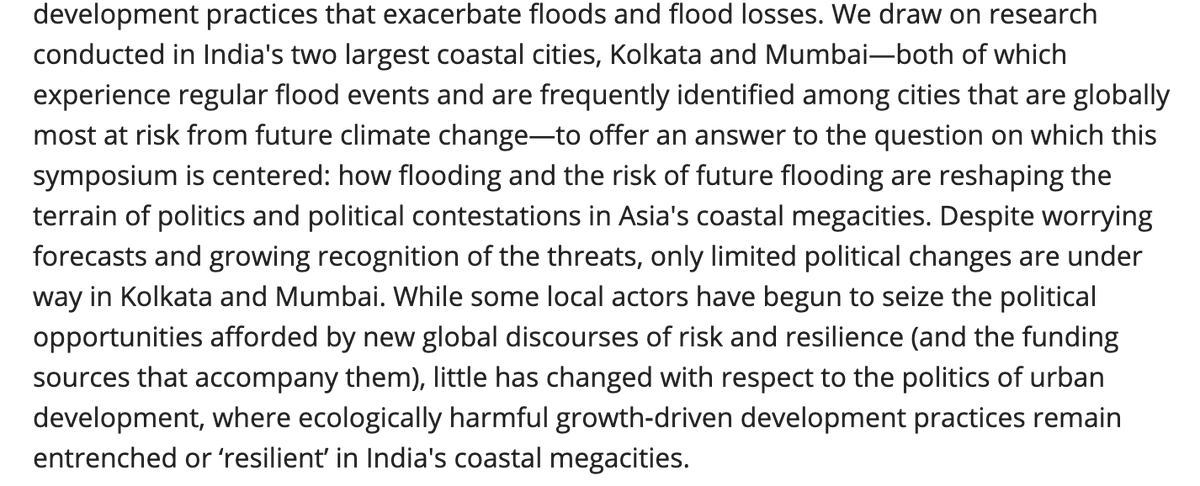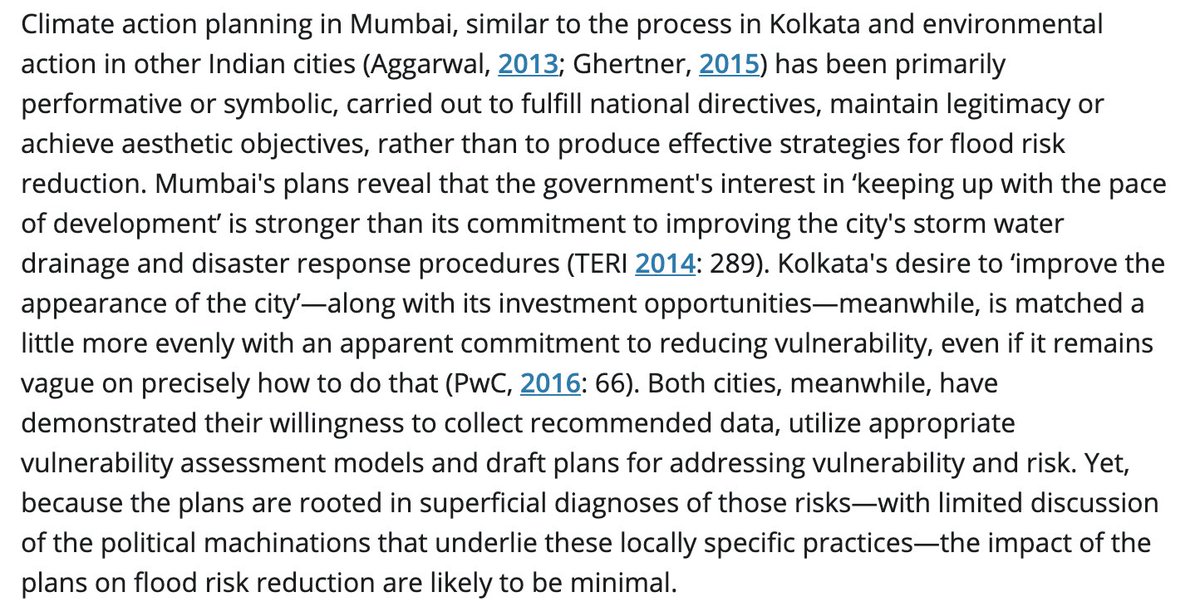Just in case you want to follow along with something ELSE right now, let's get started with Module 5, also very relevant, on predictive fictions about things we don't want to happen (but probably will) #MalkaGTD598
The full syllabus: https://malkaolder.wordpress.com/2020/12/17/syllabus-predictive-fictions/
thread for Module 1 https://twitter.com/m_older/status/1342436831003029509?s=20
thread for Module 2 https://twitter.com/m_older/status/1344257701493280769?s=20
thread for Module 3 https://twitter.com/m_older/status/1345713153368322051?s=20
aaaaaaaand Module 4 https://twitter.com/m_older/status/1346789038628499457?s=20
If you want to follow along with others, use the hashtag #MalkaGTD598. There's even a discord, although I don't know how active it is: https://twitter.com/knkeegan/status/1346439258941386753?s=20
And the disclaimer: I'm doing these threads mainly for my own preparation for recording class lectures, although also because people are interested, so they are not complete or comprehensive, just highlighting some stuff while I review the readings.
The first four modules were mostly about people predicting stuff they thought would happen (like meteorology) or trying to predict stuff they wanted to happen into existence (cost-benefit analysis, etc) or describing the present in an attempt to predict the future (polling)
Module 5 is about future events that we don't want to happen but probably will in one form or another, mainly disasters and industrial accidents (we'll get to climate change more in module 6 which is long-term stuff). This is more in my academic and professional wheelhouse...
the first reading, a chapter from Lee Clarke's Mission Improbable: Using fantasy documents to tame disaster (University of Chicago Press, 1999) was suggested to me by my advisor for my dissertation.
I've cited Clarke #onhere before, mainly in reference to Elite Panic https://twitter.com/m_older/status/1104625157119885312?s=20
The idea of fantasy documents is a powerful one for this class, and the book explains how plans that don't make sense are used to make uncertain futures seem more "certain"
Clarke writes that the unrealistic part of these plans may be intentional, but sometimes is not - although I'd say it's probably a spectrum running through willful ignorance and unqualified task completion etc
We've talked already about how rationality and numbers are used to privilege certain conceptions of the future. Clarke shows how in these cases, just writing out some idea of the future counts as a kind of rationality, even when the idea written out is not rational at all.
This about the way the language and framing - and sources, really - gives legitimacy to documents that are based on utter unreality, and those documents then set the limits of the larger conversation...phew
Note also that bit at the end about systems beyond our comprehension and control. One example Clarke uses is nuclear power. I did a fair amount of work on this for the report I wrote on Fukushima for IRSN (available here https://www.irsn.fr/FR/expertise/rapports_expertise/Documents/surete/IRSN-PSN-SRDS-SFOHREX_2015-01_Fukushima-Human-Organizational.pdf)
and from that and my experience working in Japan after Fukushima, yeah the amount we DON'T know about how these systems and processes work is a LOT. But we- especially the industries -pretend we understand them. There are some parallels there for current misinformation situation
in terms of the degree of abstraction and complication we ask people to accept and deal with.
Clarke makes a clear connection to narrative here. I would argue that while these are like movie scripts, they would make terrible movies, because the characters don't act like real people. OTOH, in most Hollywood movies the characters don't act like real people so
have some Hollywood movies (and some games, and dick-lit books, and other media that aren't rigorous about their writing) paved the way for poor decision-making in the real world?
*looks at real world*
*looks at camera*
*looks at real world*
*looks at camera*
coherence and simplicity. narrative coherence; simplified human action and interaction and interiority. Sound like any media you know?
I mentioned this a few modules ago, but one of my big irritants in disaster evaluation documents is how they all argue that if only communications had worked, everything would have been much, much better organized. It's only because phones wouldn't connect that things fell apart.
Communications are ALWAYS going to fall apart in a disaster.
Also, here, the way the supposedly rational plan is supposed to just trample over the "irrational" areas of family and domesticity and ordinary human emotion
It reminds me about in Japan, after Fukushima, when mothers were agitating against the re-ignition of reactors, some politician accused them of "thinking with their wombs." As in LITERALLY CONSIDERING FUTURE GENERATIONS yes, comemierda, that is what we SHOULD be doing
I am all in favor of planning and preparedness. But the insistence on removing all uncertainty is problematic.
We need to admit that we don't, can't know the future, and look at processes and training that help people to organize and improvise - but that's something of a digression to other parts of my job
because this class is less about doing preparedness right, and more about understanding how and why people and organizations use fictional predictions to impose the order and outcomes they want on the world.
I was going to skip the examples in the Clarke chapter but on reflection let's drop a few key quotes:
THERE HAS NEVER BEEN A SUCCESSFUL RECOVERY OPERATION
WITH SUCCESS DEFINED AS 15%!
and yet, we get told over and over again that it's worth the risk, and the plans for successful recovery are presented as part of that calculation.
WITH SUCCESS DEFINED AS 15%!
and yet, we get told over and over again that it's worth the risk, and the plans for successful recovery are presented as part of that calculation.
honestly everything about this is baffling. 1/ they thought it was a good idea to bomb the oil? 2/ they had that many bombs randomly on hand to waste this way? 3/ WAS THERE NOT SOMETHING ELSE THEY COULD HAVE TRIED? 4/ oil shipping and bomb production continued apace after this
vaguely reminiscent of that injection to the stockmarket that did fuckall, remember that?
why do we put up with this? I understand that sitting in cars is comfortable and all but surely, surely, since 1967 we could have figured out some alternative, some mitigation, some compromise other than SFUCKINGUVs EVERYWHERE
it's not about planning an impossible cleanup.
it's about convincing us that the question is "how do we plan an impossible cleanup?" and not "why are we doing things that lead to irrevocable damage?"
it's about convincing us that the question is "how do we plan an impossible cleanup?" and not "why are we doing things that lead to irrevocable damage?"
we focus too much on major, horror-movie disasters and not enough on the devastating risks incurred every day by the mundane aspects of our lives
this is in the section about cold war civil defense and takes us back to the transformation of guesswork numbers into projections into "facts"
One thing that stands out for me in the Clarke piece is the gap between academic findings and both policy debate and common knowledge. We really need to do better. (hence: live-tweets)
Next up: Weinstein, Liza ; Rumbach, Andrew ; Sinha, Saumitra "Resilient Growth: Fantasy Plans and Unplanned Developments in India's Flood-Prone Coastal Cities" International journal of urban and regional research 43.2 2019
We have lots of distinct ways of predicting the future; keeping them siloed leads to imagining a lot of mutually incompatible futures - and to catastrophe, now or later
there's a kind of large-scale NIMBYism to it, too: "we should DEFINITELY do sustainable development, but that doesn't apply to MY business interests or desire for an ocean view."
(as someone who's worked the aftermath of two major tsunamis, you couldn't pay me enough to have an ocean view)
This insight is generalizable in terms of how we think about the future (and reminds me of @josh_loughman and @maryamhpr 's presentations at STGlobal)
there's a tendency in certain strains of future imagining to depict a clean, artificial, controlled, and new future, as though we had somehow slipped off all messiness and poverty and rebuilt everything. but what is a future with no street food?
immediately after a disaster it is imperative to look in preparedness and mitigation for the next disaster

 Read on Twitter
Read on Twitter
